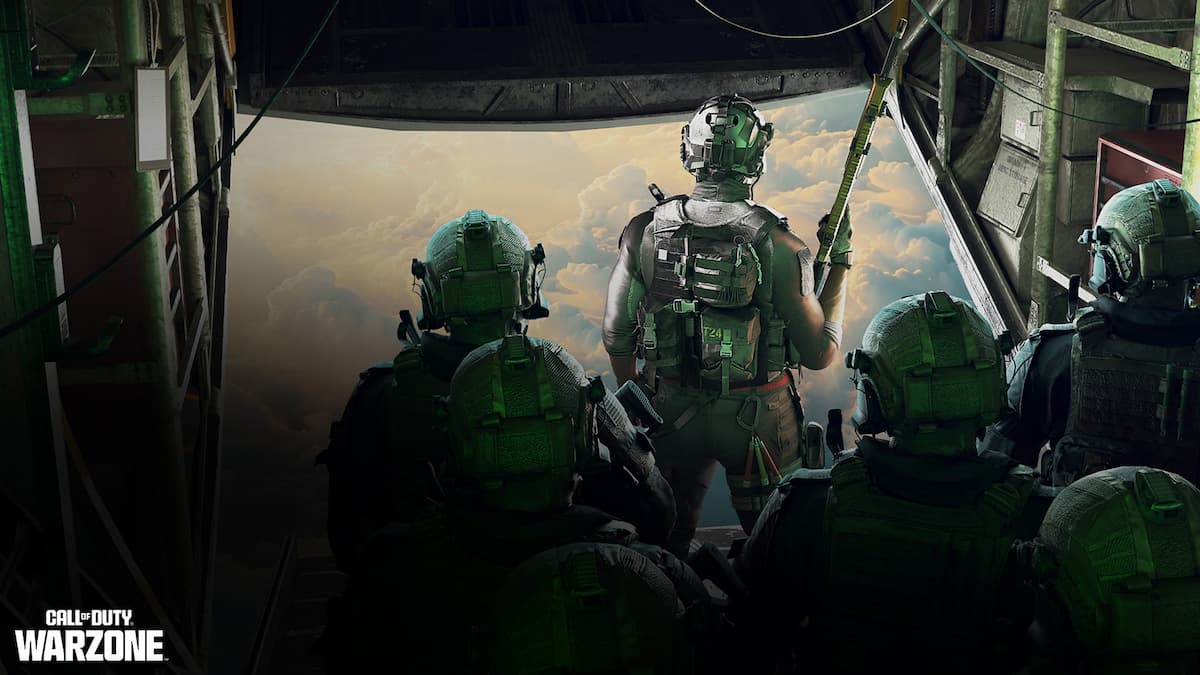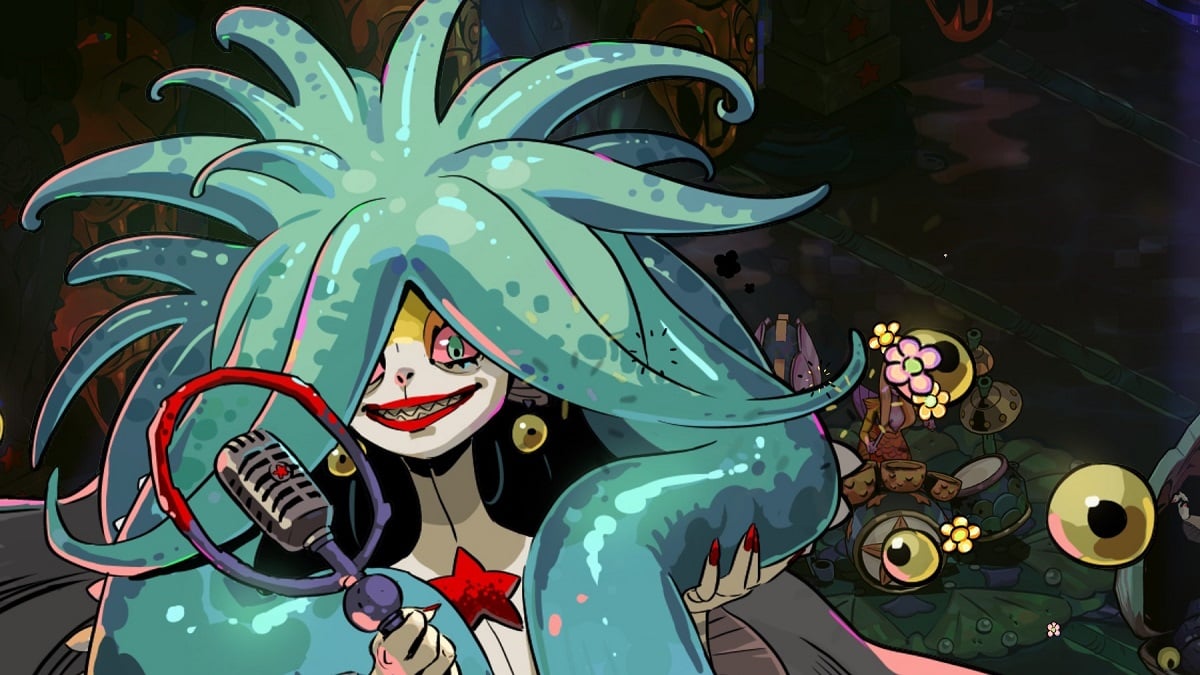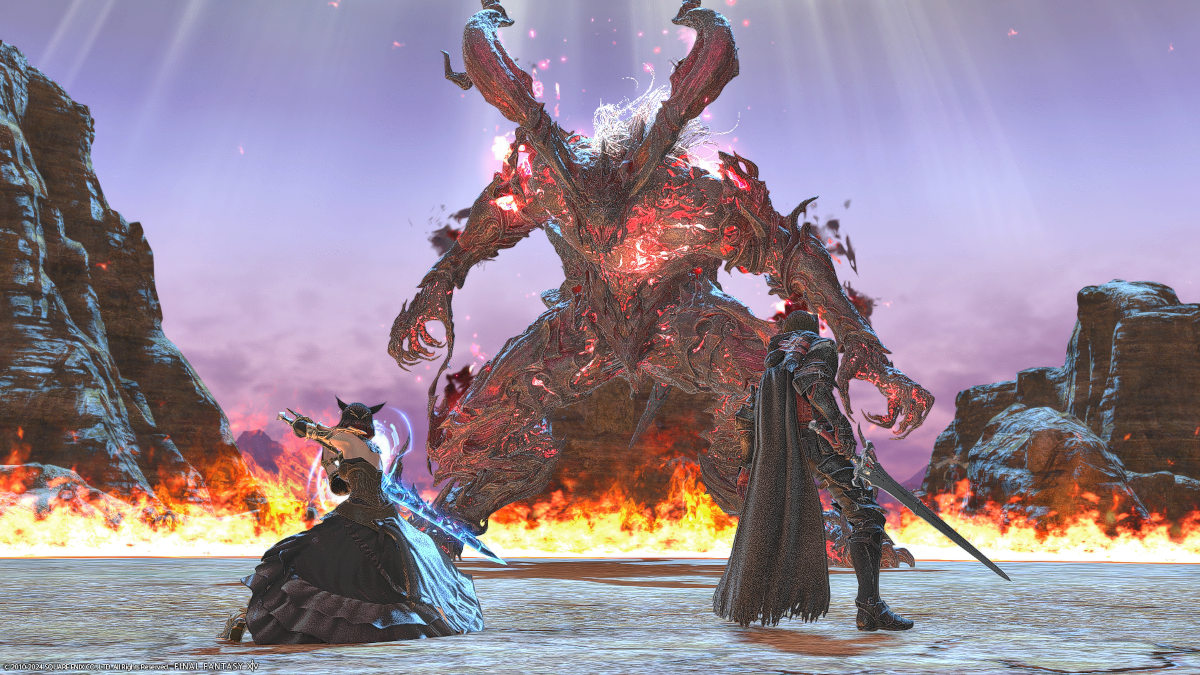Like many of my fellow gamers, I’ve recently become addicted to the new RPG/FPS hybrid, Borderlands. My inner dungeon crawler has been out in full force. Along with my OCD; forcing me to searching every nook and cranny for loot, maxing out my skill tree and exploring every dungeon. But a little while ago, after I reached level forty-four and the game’s story came to an end, I realized how little my character had really changed.
I started out as a badass treasure hunter with a thirst for blood, and I finished the game as … well … a badass treasure hunter with a thirst for blood. My character hadn’t changed at all.
After dozens of intense fire fights in the rugged wasteland of Pandora, you would expect my character to be bruised, battered and actually look like he had done all the amazing thing that he did. Instead, he was exactly the same: both physically and emotionally.
The lack of true character progression is plaguing the game industry. If games want to be held to higher narrative standard, then it’s time developers started to focus less on making their characters “cool” and more time making them interesting.
Take the Star Wars saga for example. Luke Skywalker starts out as your average, eighteen-year-old, whiny, power-converter buying, farm boy. But once he sets out on the “heroes journey” he starts to become a new person. He doesn’t just change physically, he changes emotionally as well. During the first film, and a little bit in the second, Luke tends to whine and complain about how unfair life is. But after he discovers the truth about his father, along with a number of other revelations, including getting his hand cut off, by the end of the saga, he becomes a full-blown Jedi master. Skilled, wise and truly “grown up.” If you compare Luke Skywalker from A New Hope, and Luke Skywalker from Return of the Jedi, they are two completely different people. That is true character progression.
Put Some Feeling Into It!
Now let’s look at what some have called the Star Wars equivalent to videogames: Halo. Master Chief fights through an entire war, single handedly taking out swarms of Covenant yet he never once seems affected by the brutality that he witnesses. So many war games say they want to be like Saving Private Ryan, but it wasn’t the explosions, or depressing atmosphere that made it great. It was seeing war, real war, through the eyes of five brave men, fighting for not glory, but personal enlightenment. When their fellow soldiers die, the men are horrified and disgusted at the savagery. But when Master Chief sees one of his fellow Marines shot down, he barley blinks.
Another game that is guilty of poor characterization is Kingdom Hearts: one of today’s most popular JRPGs, and a game that relies heavily on its story. But you wouldn’t know it, judging by the paper thin characters, especially Sora, the games main protagonist. Sora starts out as a plucky young adventurer, who is endlessly devoted to his friends and family. Want to guess what he’s like in the second game? That’s right. A plucky young adventurer, who is endlessly devoted to his friends. Kingdom Hearts has all the characterization of a meatball hoagie.

There are plenty of other characters like the two I just described, but I think you get my point. What I would like to see in games, is greater emphasis on characters displaying complex emotions outside of cut scenes. If one character has an argument with another character, the tone and banter between them, in-game, should change. Not only that, but if it’s an FPS, they should react more to when a close ally dies. Don’t have them just say, “Oh my god, what’s his name got shot!” Make them angry; make them cry; make them emote! These may sound like a bunch of meaningless little things, but as any good actor can tell you, it’s the little things make a character memorable.
Going back to something I mentioned earlier. Physical change is another thing I would like to see more developers take into consideration. Not just new clothes and armor, but things like scars after a fight, or limping after getting shot in the leg.
One game that did this right was Prince of Persia the Sands of Time. As the game progressed the Prince’s uniform that he wears in the beginning of the game is ripped and torn. After each battle he gets more scars, bruises and overall, looks like he has actually been in a fight. By the end of the game, the Prince has gone from prim and proper, to rough and rugged. While this change didn’t affect the game play, it made me feel like I had been on a long and dangerous journey. Going through that game was hell, and Prince reflected that.
Final Fantasy is the one franchise that annoys me the most. You’ve got a bunch of effeminate looking characters going on this epic journey. They fight countless monster, get snot beat out of them on more than one occasion, and to top it all off, they’ve been traveling through the freaking wilderness for weeks. They should be sweaty, buff and dirty. Instead, they get a few new pieces of armor and a sword and look exactly the same as they did in the beginning. This is something that almost every JRPG is guilty of and I’m sick of it.
An Old Hope
Notice that I said almost every Final Fantasy game. Final Fantasy III — VI if you want to get technical — is one of the few games, I’ve played, that has true character progression. Over the course of their adventure: Cecil, Rosa, Riddia and the rest of the cast struggle not only with the external challenge of their enemies, but also their own internal struggles. Some characters become older; some become wiser; some die. The characters in FFIII aren’t heroes. They’re real people, with real problems — and that game came out in thirteen years ago.

You probably noticed that I didn’t mention “silent” protagonists like Gordon Freeman, Chrono or Link. That’s because they are not characters. They are narrative “vehicles” that are meant to help link the player to the game. The difference between a character that speaks and on that does not, is that they change the role of the player. If a character is a “vehicle,” then they do not speak and let the player become the protagonist. If a character talks and acts beyond the players control, then they become the protagonist and the player becomes a contributor. Unlike movies, where the viewer is a witness, a player who controls a character in video game experiences the journey with the protagonist, but is not actually “in” the game him/herself.
As I said before: the lack of true characterization is plaguing the game industry. Developers need to realize that it’s not trench coats, guns or muscles that make a character memorable. It’s what they say and do that matters. I encourage my fellow gamer to raise their standards when it comes to they play as — don’t settle for some generic knight in shining armor, or a bald headed space marine — demand characters, not, ugh… Edge Maverick. Now if you’ll excuse me, I have a strange craving for a meatball hoagie.





